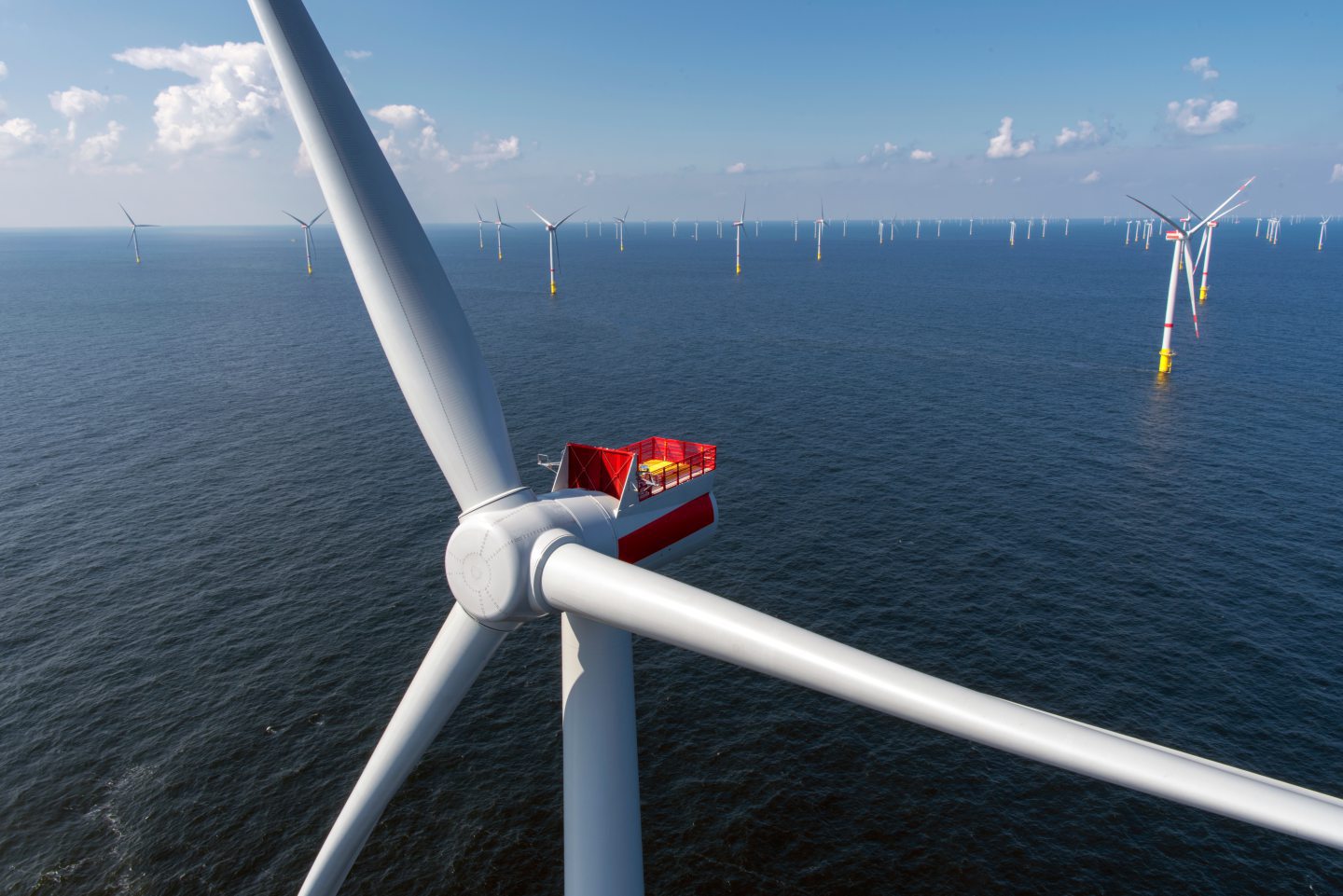
More than two thirds of university energy degrees worldwide remain focused on the fossil fuel industry rather than renewables, according to a new study.
Researchers from the Norwegian Institute of International Affairs (NUPI) looked at 18,400 universities in 196 countries to assess how quickly global higher education is transitioning from fossil fuels to renewable energy in terms of educational content.
The study found 68% of the world’s energy educational degrees are focused on fossil fuels, and only 32% on renewable energy.
The researchers said at the current rate of change, renewable energy university degrees would reach 100% only by the year 2107.
The study found that “the rapid adoption of renewable energy worldwide is not matched by changes in higher education, since universities continue to prioritise coal and petroleum studies”.
More fossil fuel than renewable graduates
Even though the number of educational programmes focused on renewable energy has grown over time, the research showed they are still outnumbered by fossil fuel-oriented programmes.
With expanding renewable energy generation, the world will need a large workforce dedicated to renewables.
According to the study, the shortage of skilled labour in the renewable energy industry is one of the major barriers to the rapid transition to alternative sources of energy.
Despite this, “universities still focus on and produce more graduates for the fossil fuel industries than for the global renewable energy sector”, even though the number of jobs in renewables are rapidly expanding.
Recent analysis from Global Witness found Scotland’s renewable energy jobs grew 70% between 2015 and 2022, compared to a 36% drop in the number of jobs in oil and gas.
According to study authors Roman Vakulchuk and Indra Overland from the NUPI, the supply of human capital is “lagging greatly behind demand in the renewable energy sector”, and the gap is likely to widen further in the future.
Reorienting energy education
Mr Vakulchuk and Ms Overland said reorienting energy education towards renewables away from fossil fuels will be “decisive” for limiting global warming to 1.5°C by 2050.
“The global energy transition requires a new generation of scientists, engineers, technicians and other specialists with the skills needed to build and manage renewable energy systems,” they said.
However, the study found renewable energy education remains greatly underfinanced at the global level compared to education in fossil fuels.

As a result, many universities are failing to meet the growing demand for a clean energy workforce.
According to the study, there are 33 universities worldwide which fully specialise in petroleum studies.
By contrast, only two universities in the world fully focus on renewable energy.
The study authors said the gap between fossil fuel and renewable energy universities is large and keeps on widening in favour of fossil fuels.
In addition, the study observed similar trends at the university faculty level.
While the share of energy faculties dedicated to clean energies has increased since 1999, only 32% of faculties were dedicated to renewables in 2019 compared to 68% dedicated to fossil fuels.
Carbon lock-in and stranded skill sets
The study authors said the global higher energy education system may be slow to reform because of the “entrenched interests of the fossil-fuel industries”.
Fossil fuel firms exert “political and financial influence on higher education”, leading to “carbon lock-in effects” at universities.
This leads to “institutional inertia”, where universities can become resistant to change.
The study authors said this poses risks to graduates who obtain fossil fuels education, potentially leaving them with stranded skill sets. Retraining those with fossil fuel educations could also require significant time and costs, they said.
Private universities shifting faster than public
According to the study, private universities are transitioning to renewables focused education at a faster rate than public universities.
The study found the global share of renewable energy degree programmes at private universities increased from 21% in 1999 to 39% in 2019.
Meanwhile, the share of renewables degrees at public universities increased from 16% in 1999 to 34% in 2019.
The study also found renewable energy education still lags behind fossil fuel education in most of the regions.
The share of renewable energy degrees have increased the most in universities in Asia Pacific, North America and Europe
However, universities in Africa, the Middle East, Central and South America, and Eurasia offer significantly fewer educational degrees in clean energy compared to fossil fuels.
As a result, “developing countries lag behind developed ones in this area, even though the need for professionals trained in renewable energy is greater in developing countries”.
The study authors said the “mismatch between energy education and the needs of the renewable energy industry may hold back the energy transition in many developing countries”.
Energy education needs ‘urgent reform’
While focused on higher education at universities, the study acknowledged many vocational and other training organisation will train workers filling essential jobs in the renewable sector.
In addition, the study focused on universities providing education specifically oriented towards fossil fuels or renewables and compared them to each other, without taking into account overall student numbers.
The study authors also recognised many skills are transferrable between the fossil fuel and renewable sectors.
Still, the study said reported growing shortages of high- and medium-skilled labour for renewable energy systems “signal significant supply gaps of professionals for this sector globally, risking delays in the energy transition”.
Mr Vakulchuk and Ms Overland said “without urgent reform, сarbon lock-in in the global energy education system may have a detrimental impact on the energy transition”.
“Therefore, universities and policy makers alike need to prioritize the production of human capital for clean energy industries,” they said.
They recommended diverting public and private funding, which currently supports education programs in fossil fuels, towards renewable energy education.
In addition, education ministries should collaborate with universities to plan fast-tracked educational degree and training programmes in solar, wind and hydro energy.
Recommended for you


 © Supplied by Forth Ports
© Supplied by Forth Ports © Shutterstock / Tom Buysse
© Shutterstock / Tom Buysse © Supplied by Shutterstock
© Supplied by Shutterstock